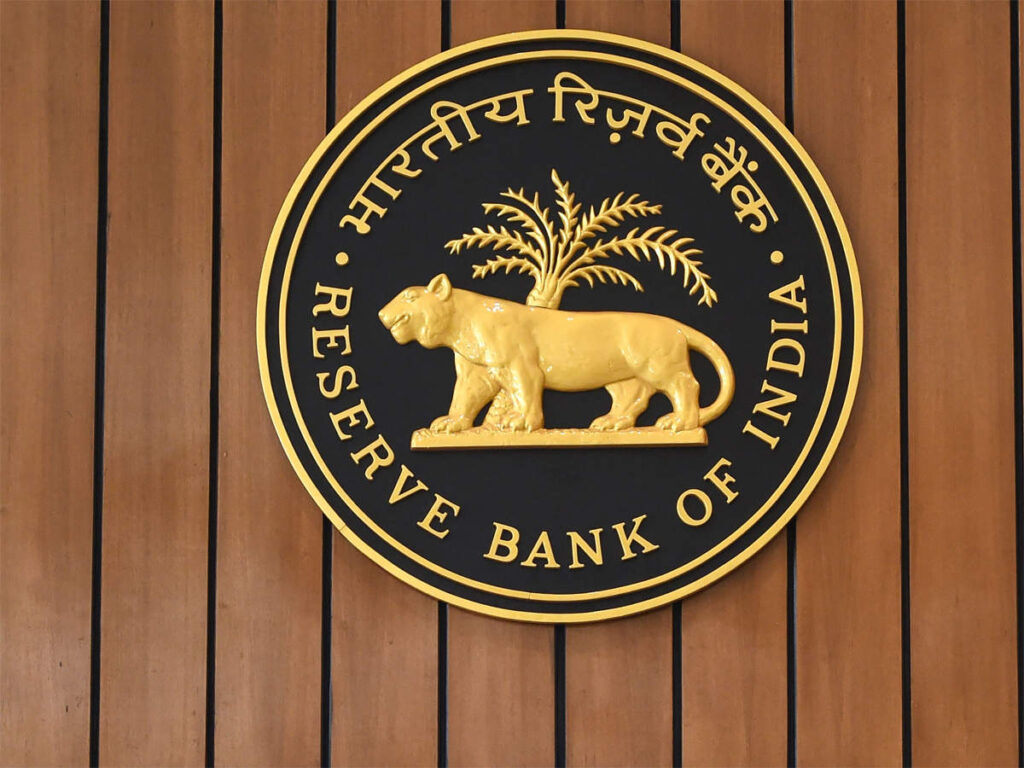Fintech Regulations in India have helped the country become a global leader in the field, according to Harshil Mathur, CEO of Razorpay, a financial services platform. Mathur highlighted how regulations drive innovation, inclusion, and financial literacy, making India a benchmark for the world. He emphasized the crucial role played by regulatory bodies like the RBI, IRDAI, and SEBI in fostering growth while managing risks effectively.
India’s Unified Payments Interface (UPI) stands out as a prime example of regulatory success, with transactions surpassing 100 billion in 2023. Mathur stressed the importance of compliance and governance alongside innovation.

He commended India’s Digital India Stack as a global model and emphasized the need for companies to prioritize regulatory insights to ensure trust and protection in the financial ecosystem.
What is Fintech Regulation?
Fintech regulation refers to the rules and guidelines set by regulatory bodies to govern financial technology firms and their operations. These regulations aim to ensure consumer protection, financial stability, and fair competition within the fintech industry.
Regulation Around Fintech in India
Fintech regulation is overseen by key regulatory bodies like the Reserve Bank of India (RBI), the Insurance Regulatory and Development Authority of India (IRDAI), and the Securities and Exchange Board of India (SEBI). These bodies establish frameworks to balance innovation with risk management and ensure compliance with legal and ethical standards.
Does Fintech Require RBI License?
Yes, many fintech activities in India require licenses from the RBI. For instance, entities involved in payment processing, lending, or issuing prepaid instruments typically need authorization from the RBI to operate legally.

Three Trends Defining India’s Fintech
Digital Payments Growth: India’s fintech landscape is witnessing a surge in digital payments, driven by initiatives like UPI. This trend underscores the importance of regulatory frameworks to facilitate secure and efficient transactions.
Financial Inclusion: Fintech regulation in India aims to promote financial inclusion by expanding access to banking and financial services, particularly in rural and underserved areas.
Technological Innovation: Regulations encourage fintech firms to innovate responsibly, fostering the development of cutting-edge solutions for diverse consumer needs. This emphasis on innovation positions India as a frontrunner in the global fintech ecosystem.
Join our new WhatsApp Channel for the latest startup updates.


